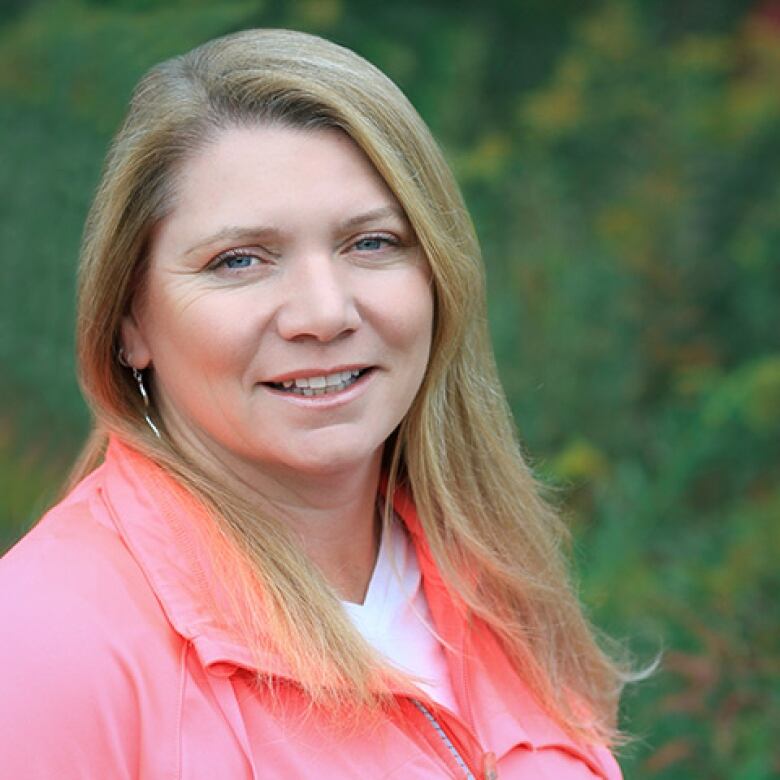Northern Ontario midwives feeling 'vindicated' after wage gap ruling
Midwives' salaries currently capped at roughly 65 per cent of what other health care professionals make

Midwives in northern Ontario are celebrating a decision from Ontario's Human Rights Tribunal which orders the provincial government to compensate them for a decades-long wage gap.
Buffy Fulton-Breathat, a partner at Sudbury Community Midwives, said midwives are feeling "vindicated" after the ruling.
"At the time that midwifery was regulated in 1993 the ceiling was set for midwives at about $77,000," Fulton-Breathat said. "And at that time community health physicians were making in the neighborhood of $100-110,000. So we were expected to make about 65 percent of what a community health physician would make."
"In the meantime that's risen to well over $200,000 while the maximum that a midwife can make is slightly over $90,000."
One of the ongoing challenges a midwife in northern Ontario faces is the geography, Fulton-Breathat said.
"I can speak to my own practice where we travel 100 kilometers in every direction," she said. "So we might be in Massey seeing a new baby and mom and then have to travel east to Sturgeon Falls to see the next person."
"So 200 kilometres side to side just to do a home visit."

Midwives, she said, are self-employed but don't receive the same per-kilometre fuel subsidy that federal employees get. And differences in fuel prices from community to community are noticeable.
"When you're paying 20 cents more per litre of fuel for your vehicle that's considerable," she said.
Coupled with that are the costs of travelling across rough northern roads and navigating through unpredictable weather.
Fulton-Breathat said she hopes that the tribunal does not' cause any tension between midwives and others in the health field.
"I think there's an understanding that midwives have a very different role than, for example, registered nurses."
"We're certainly not asking for the same rate of pay as a high-risk care provider," she said. "We're looking for comparable pay to another low-risk care provider with a family physician being the comparator."












_(720p).jpg)


 OFFICIAL HD MUSIC VIDEO.jpg)
.jpg)



























































































